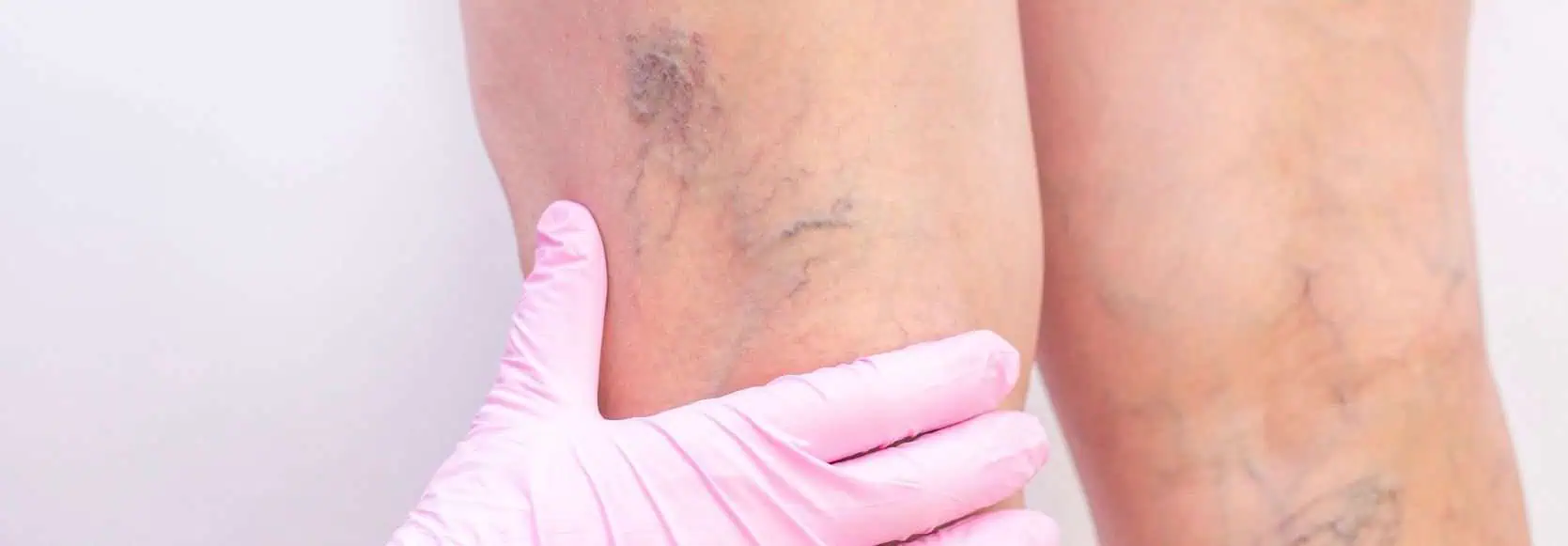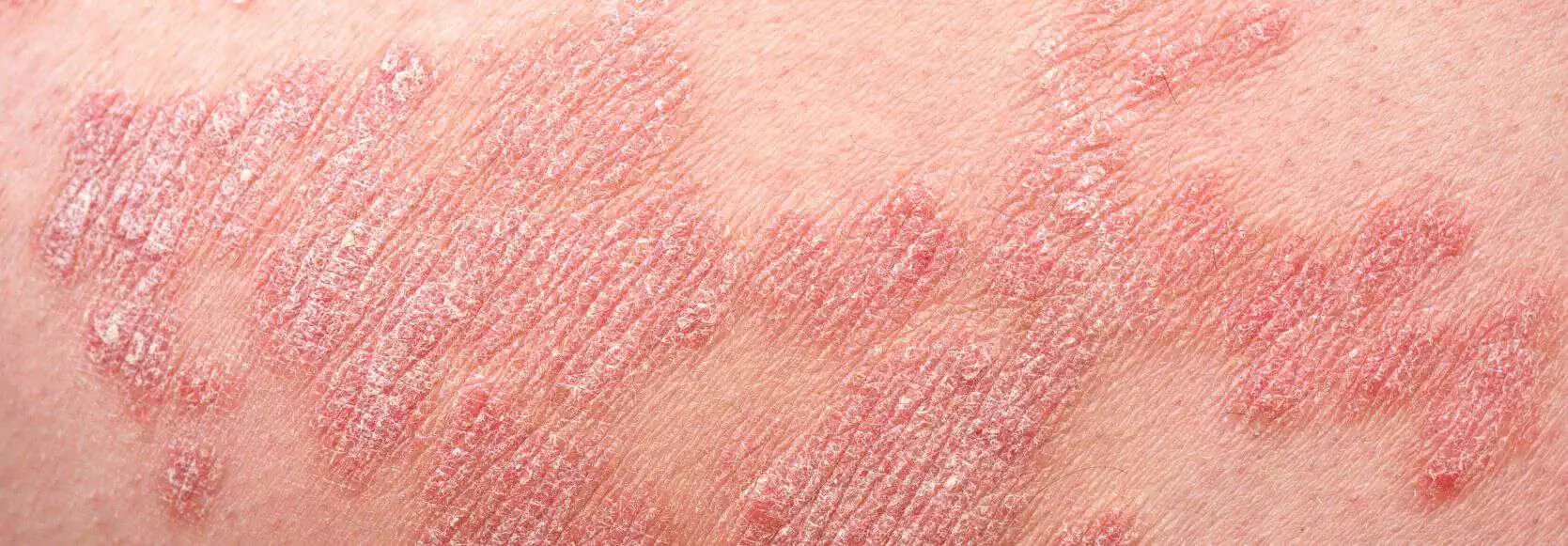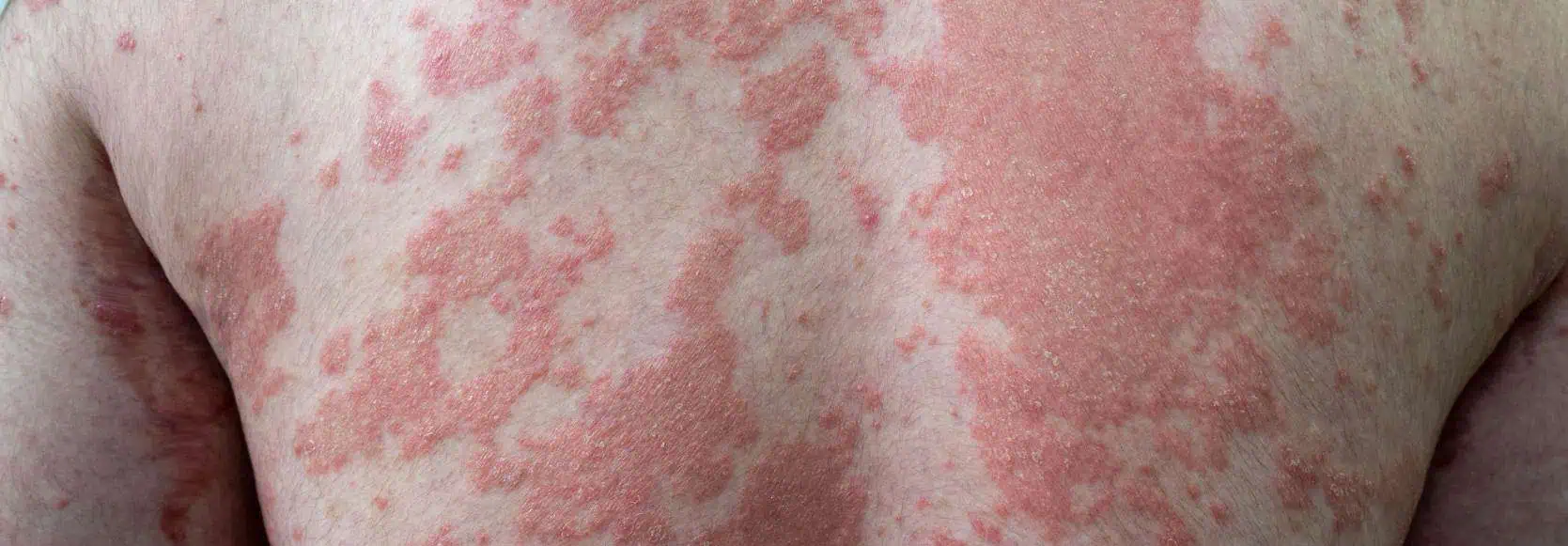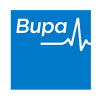Varicose veins, with their knotted, engorged appearance, can steal the allure of your legs and cause discomfort. Such veins are common, especially as we age. Unlocking the complexities of varicose veins is essential in managing and reducing their complications.
This exhaustive guide unravels the mysteries of varicose veins, exploring their main causes, when they should be a source of worry, the wide range of treatments and preventive practices that can effortlessly fit into your daily routine. This guide is invaluable, whether you’re a wellness enthusiast or an individual seeking solutions for your symptoms.
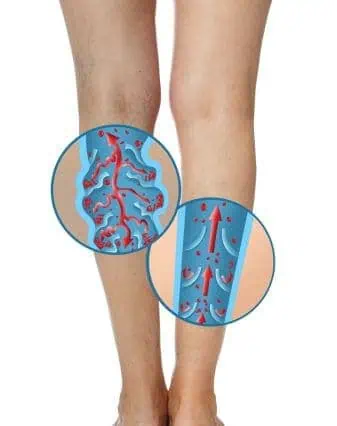
Interpreting Varicose Veins
Tracing the Roots of Varicose Veins
Recognising the Red Flags of Varicose Veins
Many grappling with varicose veins often wonder: Can they be controlled? The answer is yes, with treatments such as sclerotherapy and laser therapy that provide relief by sealing the problematic veins. Understanding each treatment’s advantages and potential downsides can help you make an informed choice in collaboration with your healthcare provider.
Preventive Measures and Lifestyle Modifications
When Should You Reach Out for Professional Help?
In Conclusion
We trust our comprehensive breakdown of varicose veins – from their formation to their management – has equipped you with the knowledge to tackle this widespread condition confidently. You can positively approach varicose vein removal and safeguard your vascular health with the right treatments, lifestyle changes, and support.
If you have any concerns about your veins, our experts at the Canterbury Skin and Laser Clinic are ready to help. To book your appointment and reclaim comfort and confidence in your legs, call 01227 472288 today.

